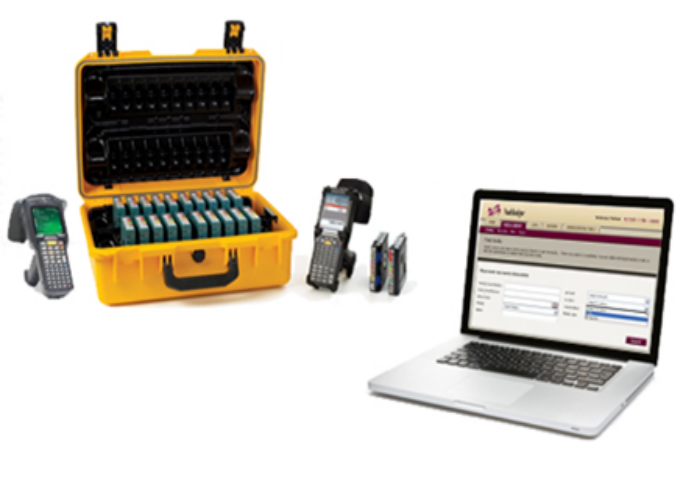Corporate Backup Management Strategies for Small Businesses
When small businesses grow up, so do their daily challenges. This maxim is especially true with regards to space. As scale begins to ramp, so too will the costs associated with maintaining that extra space. Likewise, obligations like regulatory audits and safety inspections become more complicated when businesses acquire additional customer assets, both physical and digital, that must be stored via backup tape. Management solutions must be designed to meet the needs of the size of the company deploying these resources. That means that decision-makers must plan ahead when making storage purchases. Failure to future-proof along the way will inevitably lead companies into functionality dead-ends.
This wasteful scenario can be avoided if small business leaders are willing to regularly compare their solutions to those being deployed by larger, more established companies. Investing in these best practices from the start will not only helps small businesses to resolve their backup management issues but also prepare employees for how the business will address similar problems down the road once the company has seen considerable growth.
Consolidation solves foot traffic slowdown
Acquiring new business space always comes at a healthy cost, reported American Express. As companies begin to grow and take on more customers, they’ll need parallel upgrades in storage capacity to keep pace. In many cases, this expansion refers to adding new racks of servers to the facility data center. However, this strategy inevitably becomes unmanageable due to increases in cooling and energy costs. Likewise, data resources become harder to manage as physical accessibility decreases.
These are all reasons why large companies shift their storage burden from disk drives to tape storage, a format capable of archiving terabytes of information in a considerably smaller space. Smaller companies can take advantage of the same backup storage benefits by investing in the technology when storage needs undergo changes.
Better tools deliver more consistent tape management
Big companies aren’t shy about reaching out for help when the tech department needs to move forward but lacks the expertise. A healthy market for third-party solution software exists as a result. Small businesses challenged by tape management woes can address their problems by leveraging these resources where appropriate. Because improving tape management is so important, especially for businesses working with secure, archival information, the long-term ROI associated with tape management software is well worth the purchase.
Simplicity and affordability are foundations of compliance
Daily operations related to secure data archiving must be repeatable and straightforward to earn buy-in from employees. eWeek noted that smaller companies can encourage adoption of new storage solutions by employees, as well as streamline the company’s data protections, by keeping the system as simple and cost-efficient as possible. New steps are less likely to be ignored if they replace other obstacles that have historically prevented employees from completing their daily tasks. That’s why it’s important to draw upon employees’ experience when identifying new tape management solutions. Companies cannot think of themselves as compliant if the businesses’ employees consistently scoff at security policies.
Thankfully, small businesses can address multiple holes in their data storage process by investing in a versatile backup tape management platform like VaultLedger. The software gives users the ability to streamline and automate inventory tracking, identify pieces of vital information at every level of the company and alert users to potential problems like tape expirations. When these tasks are automated, employees are left with more time to perform maintenance, improve cyber-security and all the other little things that make backup tape storage more manageable.

